SEND INFORMATION REPORT
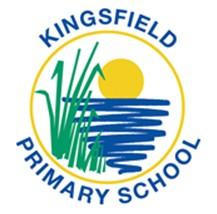
FOR THE YEAR OF 2021-2022

WHAT IS MEANT BY SEND AND HOW ARE THESE IDENTIFIED?
SEND is the shortened term for Special Educational Needs and Disability.
Your child may be identified as having a SEND if:
they have significantly greater difficulty in learning than the majority of children of the same age;
they have a disability which prevents or hinders them from making use of the educational facilities of a kind generally provided for other children of the same age in schools within the area of the Local Educational Authority.
At Kingsfield, teachers are continuously assessing the needs of all our children; teachers meet with the SENDCo regularly to discuss children’s progress and learning.Where there are concerns, assessment and monitoring will be put in place to establish if an SEND exists.The outcomes of assessments and monitoring will be discussed with parents and where a need is identified, a child will be added to the SEND list and an Assess-Plan-Do-Review (APDR) cycle will be set up.
SEND CATEGORIES
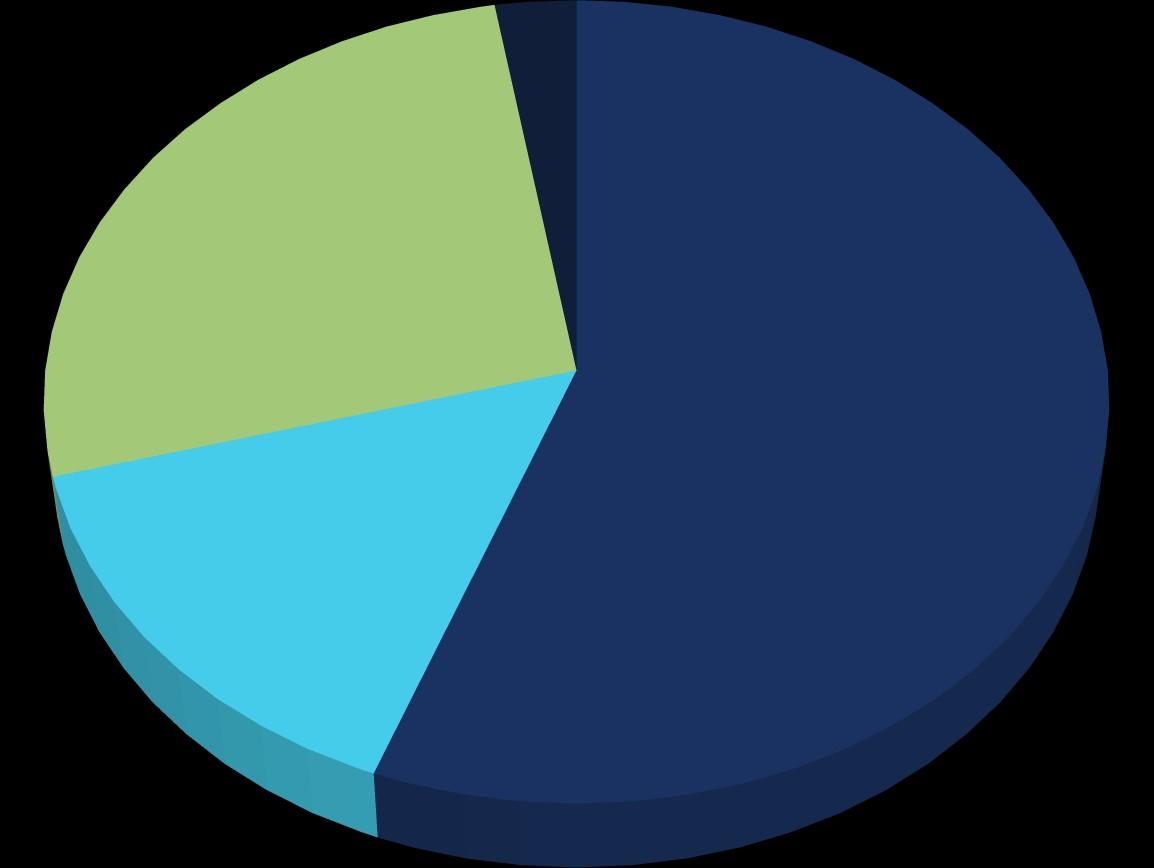
At Kingsfield we support children with a range of different Special Educational Needs and Disabilities.
SEND at Kingsfield
Cognition and Learning
Physical & Sensory
56% 15% 27% 3%
Interaction
Communication &
Social, Emotional & Mental Health
ASSES-PLAN-DO-REVIEW
Where a child has been identified to have SEND, staff meet with parents to complete planning for an Assess-Plan-DoReview (APDR) cycle where appropriate targets and interventions are identified. Staff will implement these in school before meeting with parents to complete a review.Where possible, children will be involved in this process.
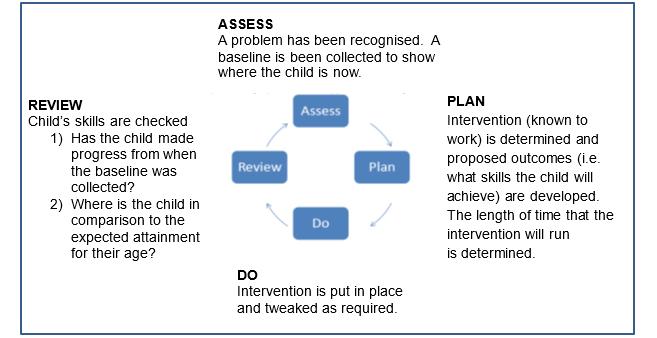
SEND NEEDS: COMMUNICATION AND INTERACTION
Children with Communication and Interaction needs may:
• Have unclear speech sounds which impacts on how well they can speak to others.
• Struggle to understand language which effects how they follow instructions and take on new learning.
• Have a diagnosis of Autistic Spectrum Disorder or Social Communication Difficulties.
• Rely on other forms of communication, for example Makaton or Picture Exchange Communication.
Support in school
If children are already supported by Speech and Language Therapists (SALT), their programme of support will be implemented as part of their APDR. Children will be supported using visual prompts (pictures and written information), as well as having direct teaching of vocabulary, speech and language in small groups or individually.



Additional Support and Advice:
School may feel that a referral to our Speech and Language Therapist (SALT) is needed to ensure the best possible support for your child. A referral form would need to be completed before a planning meeting where the SALT would decide whether the child’s needs meet the required thresholds.
If school suspect an underlying neurological disorder, e.g. ASD, a referral can be made to the Community Paediatrician.
COMMUNICATION AND INTERACTION SUPPORT AT KINGSFIELD: WHAT
CAN I EXPECT?
Wave 1
High quality teaching
• Modelling
• Direct teaching of vocabulary, social skills and interaction skills
• Supported group work led by TAs and teachers
• Differentiation & access arrangements
• Additional opportunities for rehearsal
• Use of visuals to support learning
Wave 2 & 3
Reasonable adjustments and Interventions:
• Language Link Interventions
• Assistive technology
Wave 3 & 4
Speech and Language support led by a
Speech and Language Therapist
Alternative Nurture Provision
SEND NEEDS: COGNITION AND LEARNING
Children with Cognition and Learning needs may:
• Struggle to make the same progress as the other children in their class or may be starting from a lower baseline.
• Have difficulties with processing information or struggle to retain or use information.
• Have a specific learning difficulty such as dyslexia or dyscalculia.



• Have a diagnosed learning difficulty or genetic disorder or a diagnosis of a developmental delay or impairment.
Support in school
Children’s learning will be differentiated to ensure that the work they have in school is at the right level for them.
This may mean that children are accessing a different curriculum to the rest of their class.
Additional Support and Advice:
In order to ensure the best possible support for your child, school may refer to SEND Services (Special Educational Needs and Disability Services Team). SEND services will determine which children they will work with based on their thresholds.
Staff will also give children resources and support to allow them to access learning, for example: practical resources, word banks, forced order writing frames, use of assistive technology, use of a scribe, task planners.
Where necessary, and where thresholds are met, a referral can be made to the Community Paediatrician to look for a possible diagnosis.
COGNITION AND LANGUAGE SUPPORT AT KINGSFIELD: WHAT
CAN I EXPECT?
Wave 1
High quality teaching
• Modelling
• Direct teaching of key concepts and skills
• Supported group work led by TAs and teachers
• Differentiation & access
• Additional opportunities for rehearsal
• Use of visuals and manipulatives to support learning
Wave 2 & 3
Reasonable adjustments and Interventions:
• Additional guided groups
• Assistive technology
• Intervention groups
• Support from our Interventions Teacher
Wave 3 & 4
Alternative Nurture Provision
Support and advice from SEND Services
SEND NEEDS: SOCIAL, EMOTIONAL AND MENTAL HEALTH NEEDS
Children with social, emotional and mental health (SEMH) needs may:
• Struggle with their attention and concentration in class or at home.
• Display signs of experiencing anxiety.
• Have difficulties interacting with other children or with adults.
• Struggle to regulate their emotions and display behaviours which are difficult for adults to manage or are dangerous.
• Have a diagnosis of a neurological condition such as:ADHD, PDA,ADD, attachment disorder.
Support in school
Additional Support and Advice:
Children may have additional adult support to access learning in school. Social skills groups and support for emotional well-being may be offered in school. It may be necessary for a child to have work-breaks or sensory breaks through the day; they may work on a very individualised timetable to support them to access the learning environment.



School may feel that a referral to additional support is needed. SEND services can support school to implement individualised programmes of support for individual children based on their needs.Where necessary, a referral can be made to the Community Paediatrician to look for a possible diagnosis or support may be sought from CAMHS or the Emotional Well-being Service.
It may be that a family request support for behaviours at home from a Family Worker; school can help to access this support through completing an EHA or putting them in touch with our Early Intervention Family Worker, Beatrice Dark.
SOCIAL, EMOTIONAL AND MENTAL HEALTH SUPPORT AT KINGSFIELD:
WHAT CAN I EXPECT?
Wave
High quality teaching
• Modelling
• Zones of Regulation
• Supported group work led by TAs and teachers
• Differentiation & access
• Additional opportunities for rehearsal
• Use of visuals and manipulatives to support learning
ELSA Intervention:
• Anxiety
• Managing emotions
• Social interaction
Wave 3 & 4
Sunflower Provision
Alternative Provision Package Support and advice from SEND Services, the
Emotional Well-being Service, Community Paediatrician or CAMHS
Sensory Circuits
1
Wave 2 & 3
SEND NEEDS: PHYSICAL AND SENSORY NEEDS
Children with Physical and Sensory needs may:
• Have a diagnosed physical disability which impacts on their ability to access the school environment.
• Have a diagnosed visual or hearing impairment.
• Experience sensory processing differences.
Support in school
The class teacher will be supported by the SENDCo to make any adaptations to the school environment to ensure a child has as much access as possible.We are committed to ensuring children have access to the full range of activities on offer in school. School will implement any programmes of support required as directed by other professionals e.g. Occupational Therapists, Physiotherapists, Specialist Teachers.
Additional Support and Advice:
Where necessary, a referral can be made to the Community Paediatrician to look for a possible diagnosis. School may seek advice and support from:
• Occupational Therapists
• Physiotherapists


• Specialist Teachers forVisual Impairment
• Specialist Teachers for Hearing Impairment
• SEND Services
• Specialist Medical Consultants
SENSORY AND PHYSICAL SUPPORT AT KINGSFIELD: WHAT
CAN I EXPECT?
Wave 1
High quality teaching
• Modelling
• Direct teaching of key concepts and skills
• Supported group work led by TAs and teachers
• Differentiation
• Additional opportunities for rehearsal
• Access arrangements
Wave 2 & 3
Reasonable adjustments and Interventions specific to the child’s need e.g.
• Assistive technology
• Physical adjustments to the environment
Wave 3 & 4
Support offered using the guidance from Occupational therapists and Physiotherapists.
ADDITIONAL SUPPORT ON OFFER

Children will be supported within their own classrooms from their class teacher and the teaching assistants allocated to their year group.
Children will access the full range of activities and curriculum on offer.
Staff will adapt learning opportunities to ensure all children can access learning in class and develop their skills and knowledge.
Staff may include a child in a small group or individual intervention programme to support their learning and attempt to accelerate progress.
Children at Kingsfield may access support from one of our on-site specialists:
Mrs Glendenning, Special Educational Needs Teaching Assistant
Completes specialist assessments.
Carries out specific interventions for individuals and small groups with complex needs.
Mrs Read,Assistant Headteacher for Inclusion & SENDCo and Designated Safeguarding Lead
Completes specialist assessments.
Supports families to access additional support from external services linked to SEND.
Supports children with social and emotional programmes of intervention.
Supports families to access additional support from external services.
Miss Emma Rushmer & Mrs Helen Moss,Assistant SENDCos
Complete specialist assessments.
Support families to access additional support from external services linked to SEND.
ALTERNATIVE NURTURE PROVISION
At Kingsfield we have a high proportion of children with complex SEND meaning that they require learning that is significantly different to the mainstream classroom.We have developed our Alternative Nurture Provision to support these children in each school year.
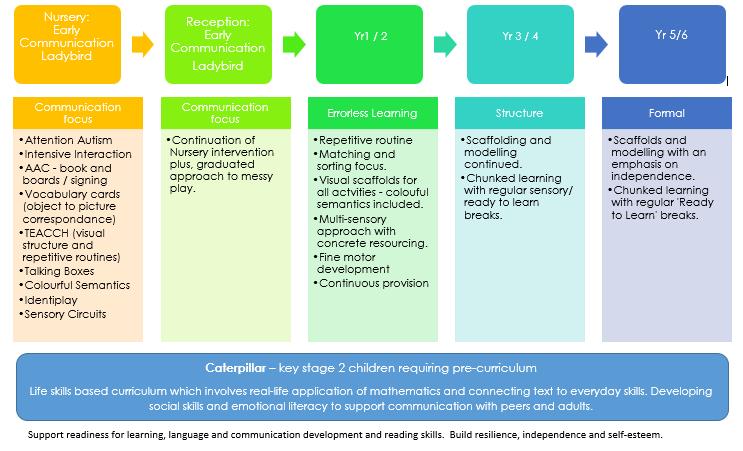
SUPPORTING CHILDREN WITH CHANGES
When changing year group or moving schools, some pupils need some additional support to help them to adjust.
Pupils with SEND will receive the following support:
In-school:
Information held regarding your child’s SEND is held on Provision Map, a secure platform which enables all staff to access information to support individual children.When changes in teacher or teaching assistant happen, or when your child is moving class, this information is discussed and shared appropriately.
Where-ever possible we will inform children of changes that are expected and give them opportunity to meet their new teacher and/or teaching assistant.
Children may work with an adult to develop a social story to help them with transitions or they may be given additional time with their new adults to further support them to build relationships.
Moving schools:
All records related to your child will be sent on to your child’s new school and, if your child has SEND, the SENDCo will contact the new school to discuss needs and strategies that work well for your child. If possible, visits to the new school will be set up and supported by familiar adults.


If your child is new to Kingsfield, our school SENDCo will contact your child’s previous school to gather as much information as possible and will share this with the class teacher.Visits to Kingsfield will be encouraged prior to starting and opportunities to meet with key adults in school created.
Children previously identified has having SEND will continue to be supported, including those with EHCPs.
EFFECTIVENESS OF PROVISION
Class teachers and teaching assistants will assess children’s learning and will review how much progress a child has made. Next steps will be identified to support children to continue to make progress.
Where a child has an APDR cycle in place, progress against targets will be measured and recorded on a regular basis.A review will be held with parents and, where possible, children to discuss progress and identify next steps.
If the school is accessing support from external services, a review will be held to measure the impact of support in place with the professional involved.This review will focus on progress made and next steps required.
If a child has an EHCP, an review will be held annually to review progress. If changes are needed between reviews, an emergency review will be held.
Leaders carry out monitoring activities regularly.These measure how effectively children are learning and support staff to make changes to improve provision so that children can make more progress.
Leaders collate data to show the impact of interventions and reports this to the Interim Executive Board.The impact of interventions data supports the school to identify next steps for individual children, but also to review the effectiveness of interventions.
Where interventions are not having the desired impact on children’s learning, the SENDCo will investigate the causes and will review the use of this intervention.
INTERVENTIONS 2020-2021
In the academic year September 2021 –August 2022, 234 children accessed intervention groups at Kingsfield.The interventions were designed to support children’s learning in different areas.
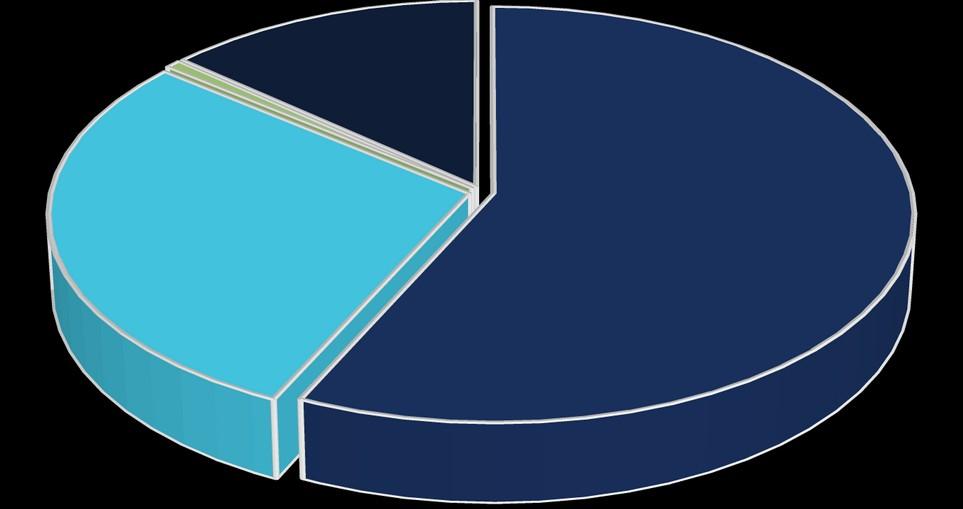
Pupils Accessing Interventions
Cognition and Learning Needs Communication and Interaction Needs
Sensory and/or Physical Needs Social, Emotional and Mental Health Difficulties
185 94 2 44
IMPACT OF INTERVENTIONS 2020 – 2021

TRAINING AND EXPERTISE
We have an ongoing programme of training in place for both teachers and teaching assistants to ensure that they have up to date knowledge of a wide range of needs and how best to meet these needs.
All staff have an individual professional development pathway which identifies personalised training opportunities. Through appraisal processes teaching assistants are being supported to develop expertise in specific areas relevant to their work in school which will enable them to support the work of other staff across the school.
The school has multiple people with the National Special Educational Needs Co-ordination Award.
COMPLAINTS
Although we always do our best to meet the needs of our children and to work with parents, we know that sometimes things go wrong. If you are unhappy with something that has happened or unsure about the support for your child please do get in touch.
Firstly contact your child’s class teacher. Either speak to them at the beginning or end of the school day, contact the office to ask them to call you back or send them an email.Your child’s class teacher is responsible for your child’s learning and should always be your first port-of-call.
Any concerns that have not been addressed by your child’s teacher should be addressed to the SENDCo.
If you would like to discuss issues further, you may wish to contact the Headteacher.
WHERE CAN I ACCESS SUPPORT?
SENDIASS – SEND Information,Advice and Support Service
Offer impartial, confidential advice and support for families of children with SEND.
SENDIASS website

Cambridgeshire Local Offer
Information on local services provided by Cambridgeshire County Council
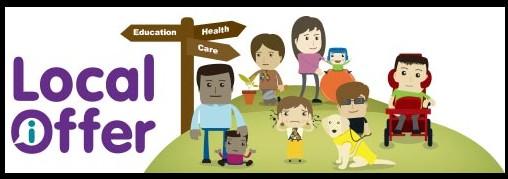
PINPOINT
Cambridgeshire-based charity offering support to parents and carers of children with SEND.
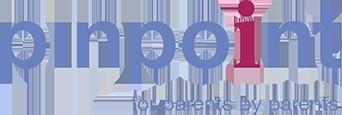
In-school support:
Lauren Read,Assistant Headteacher and Inclusion Lead (SENDCo)
lread@kingsfield.cambs.sch.uk
Emma Rushmer (Assistant SENDCo)
erushmer@Kingsfield.cambs.sch.uk
Helen Moss (Assistant SENDCo)
hmoss@Kingsfield.cambs.sch.uk




















